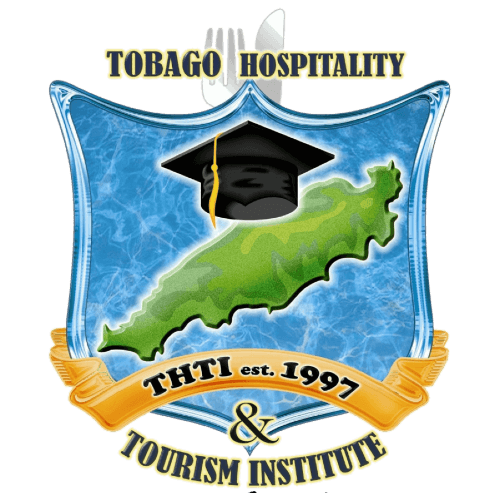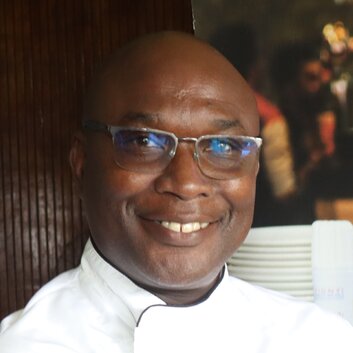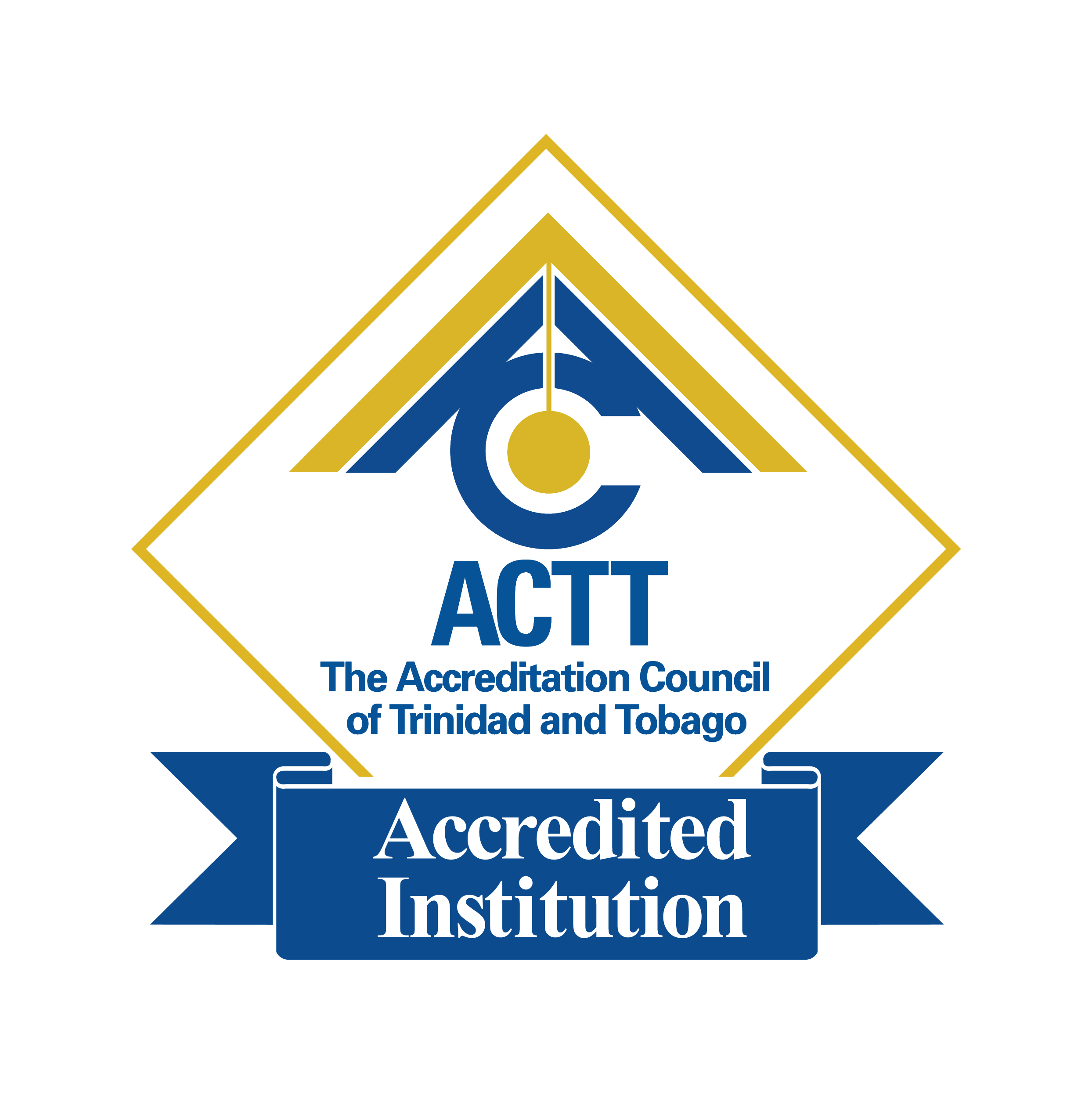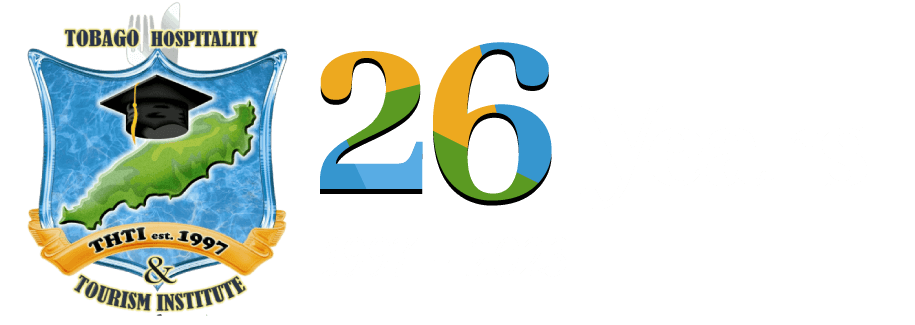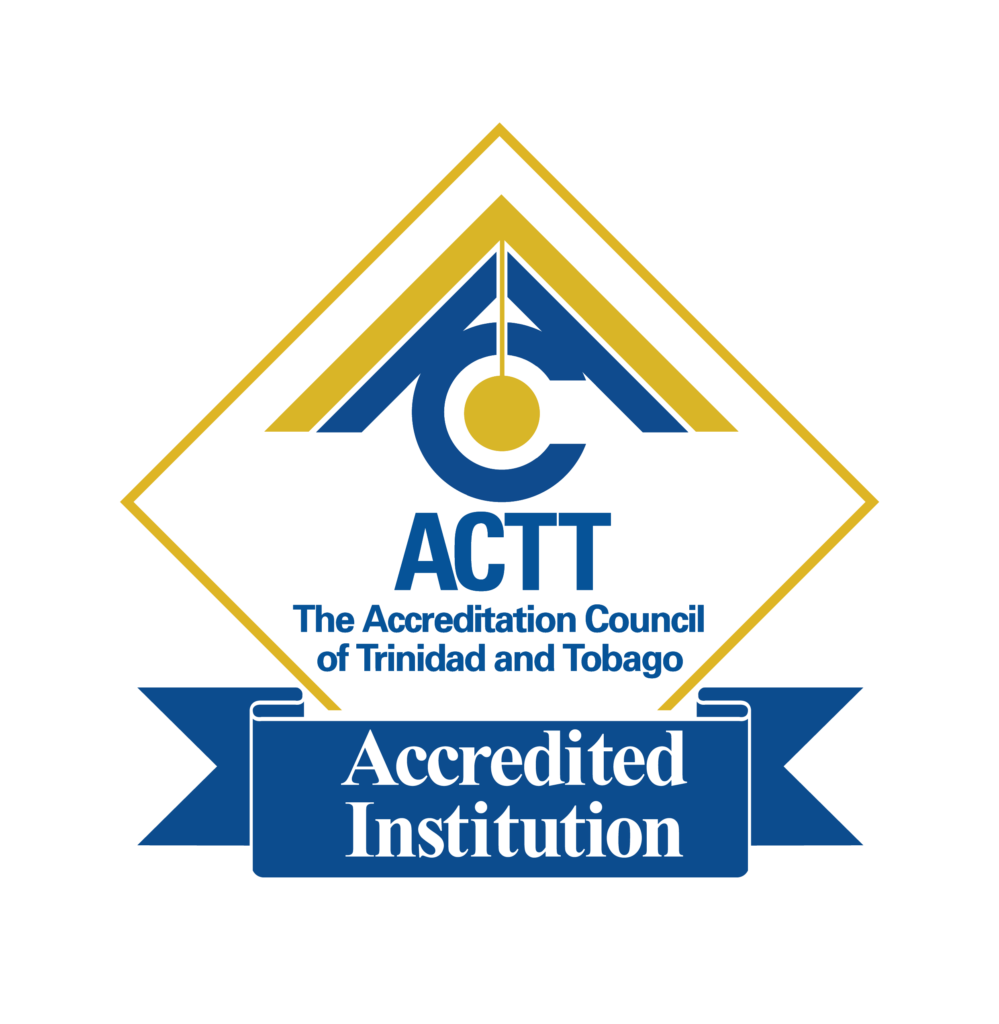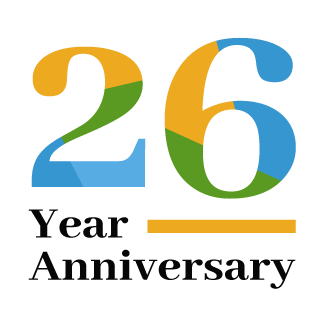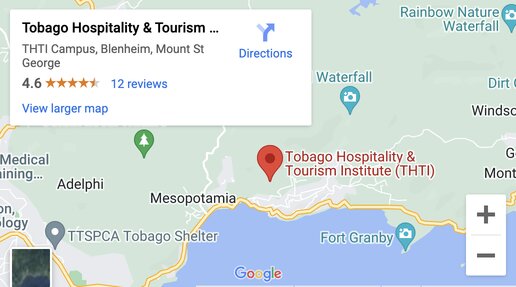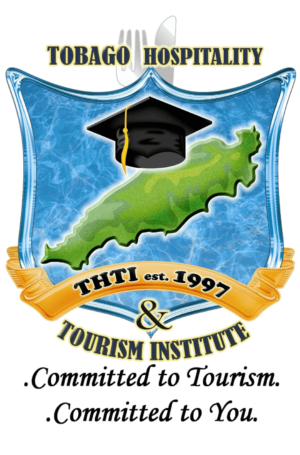Unlocking the World: Top Benefits of Learning a New Language for Tourism and Hospitality Students
- Share this post
Loading Video...
The ability to communicate in multiple languages has become an invaluable skill, particularly for students pursuing careers in tourism and hospitality. Whether working in hotels, resorts, travel agencies, or international destinations, these professionals interact with diverse cultures and travelers from around the globe.
Becoming bi-lingual or multi-lingual allows you to strengthen the relationship between employees and guests as most tourism products and services are generally abstract and possess a human factor. Use of this skill tends to improve the overall travel experience as the presence of a language barrier often reduces the value of various travel experiences.
Enhanced Communication:
It enables tourism and hospitality students to break down language barriers and engage more effectively with guests from different parts of the world. By speaking their language, professionals can provide personalized services and address concerns, while creating a positive and memorable experience for visitors overall increasing satisfaction.
Cultural Understanding:
It exposes the rich tapestry of cultural nuances, customs, and traditions associated with it. This understanding helps tourism and hospitality professionals appreciate and respect diverse cultural practices, allowing them to tailor their services to meet the unique preferences and needs of international guests. These sensitive interactions can make visitors feel welcomed and valued, fostering a positive perception of the destination or establishment.
Increased Professional Opportunities:
Fluency in multiple languages opens doors to a wide range of professional opportunities in the tourism and hospitality industry. As global travel continues to surge, companies seek employees who can effectively communicate with international clients and adapt to diverse market demands thereby granting them the benefit of a competitive edge.

Professional Networking:
Language proficiency allows students to engage with professionals from different countries, attend international conferences, and participate in global events. By expanding their network, students can gain insights into industry trends, share knowledge, and develop collaborative partnerships, which can open doors to exciting career prospects and cross-cultural collaborations.
Personal Growth and Adaptability:
Tourism and hospitality students who undertake language learning experience personal growth, as they develop problem-solving skills, improve memory retention, and enhance their overall cognitive abilities. Furthermore, by embracing a new language, students become more adaptable and open-minded, qualities highly valued in an industry that constantly evolves and embraces change.
For tourism and hospitality students, learning a new language is more than just acquiring a valuable skill. It is a transformative experience that enriches their personal and professional lives. By embracing language learning, students can unlock the world and build fulfilling careers that bridge cultures and create memorable experiences for travellers from all corners of the globe.
Start your journey with our Introduction to French and/or our Conversational Spanish short courses today.
If you’re interested in developing a career in this dynamic Hospitality & Tourism industry, check out our fully accredited Associate Degree programmes today!

- Share this post
Upcoming Events:
Related Posts:
More You Might Like
Upcoming Short Courses:
- Lecturer: Raakesh Madoo
- Online Classes
- To Be Announced
- Short Courses
- Lecturer: William Trim
- Online Classes
- 48 hours
- Short Courses
- Lecturer: William Trim
- Face to Face
- 48 hours
- Short Courses
- Lecturer: Chef Vergiss Lovelace
- Face to Face
- 36 hours
- Short Courses
- Lecturer: Chef Sonia Phillip
- Face to Face
- 48 hours
- Short Courses
Upcoming Courses:
- Lecturer: Chef Sonia Phillip
- Face to Face
- 48 hours
- Short Courses
- Lecturer: Chef Vergiss Lovelace
- Face to Face
- 6 hours
- Short Courses
- Lecturer: Raakesh Madoo
- Online Classes, Face to Face
- 30 hours
- Short Courses
- Lecturer: Chef Kwesi Selvon
- Online Classes, Face to Face
- 36 hours
- Short Courses
- Lecturer: Chef Kwesi Selvon
- Face to Face
- 36 hours
- Short Courses

